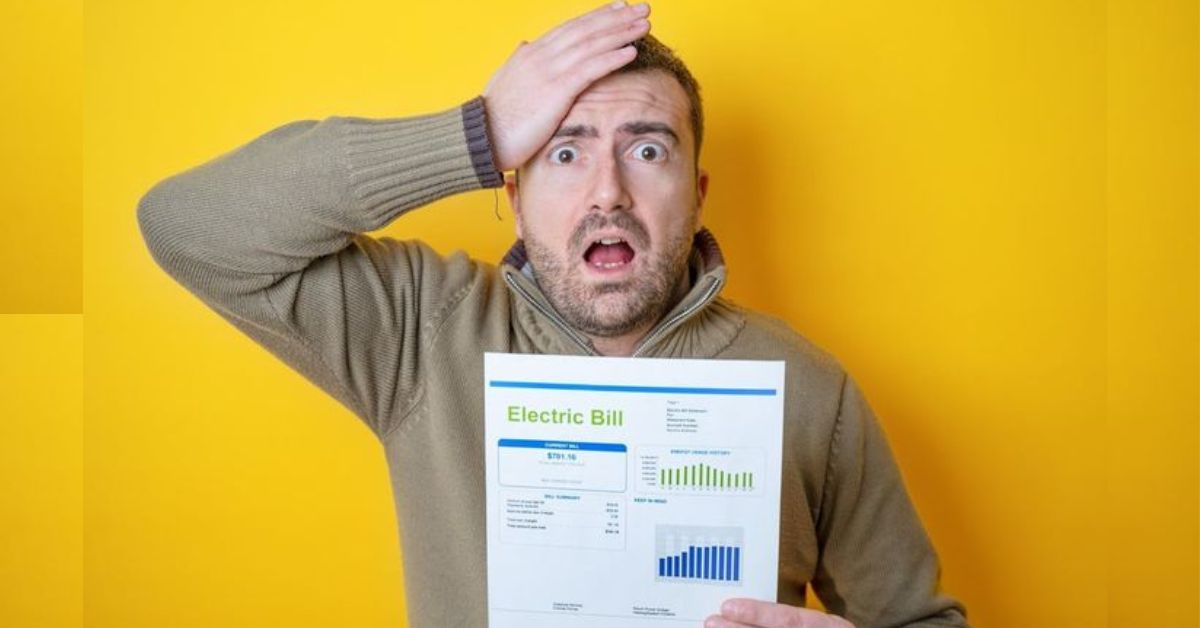BEIJING — On Friday, August 15, 2025, Nvidia faces an unexpectedly chilly reception in China, despite the U.S. recently loosening export restrictions on its H20 AI chips. The policy shift, greenlit by the Trump administration, was expected to open doors for the U.S. chip giant to reclaim market share in China’s booming tech sector. Instead, Beijing is doubling down on its push for self-reliance, urging domestic tech companies to prioritize local AI chip manufacturers over foreign giants like Nvidia.
According to industry experts cited by CNBC, Chinese authorities are sending a clear message: reliance on U.S. chips must take a backseat to bolstering homegrown alternatives. This directive comes as China intensifies efforts to build a self-sufficient tech ecosystem amid ongoing U.S.-China trade tensions. The scrutiny on Nvidia marks a shift from earlier expectations that relaxed U.S. export rules would pave the way for a smoother reentry into one of the world’s largest markets for AI hardware.
China’s tech giants, including Alibaba and Tencent, face mounting pressure to align with Beijing’s strategy, which emphasizes domestic innovation in AI and semiconductor production. “Beijing is signaling to its tech firms that they must continue to support local AI chip companies,” one analyst noted, highlighting the government’s long-term goal of reducing dependence on Western technology.
Nvidia, a dominant player in the global AI chip market, has navigated choppy waters in China since U.S. export controls tightened in 2022. The H20 chip, designed to comply with earlier restrictions, was seen as a lifeline for Nvidia’s ambitions in the region. Yet, with Chinese regulators now tightening the screws, the company’s path forward remains uncertain. As of now, neither Nvidia nor Chinese authorities have commented publicly on the latest developments, leaving the tech world watching closely for signs of what’s next.
Source: CNBC
Author
-

Connor Walsh is a passionate tech analyst with a sharp eye for emerging technologies, AI developments, and gadget innovation. With over a decade of hands-on experience in the tech industry, Connor blends technical knowledge with an engaging writing style to decode the digital world for everyday readers. When he’s not testing the latest apps or reviewing smart devices, he’s exploring the future of tech with bold predictions and honest insights.







